18 June – 03 August 2021
Barcelona
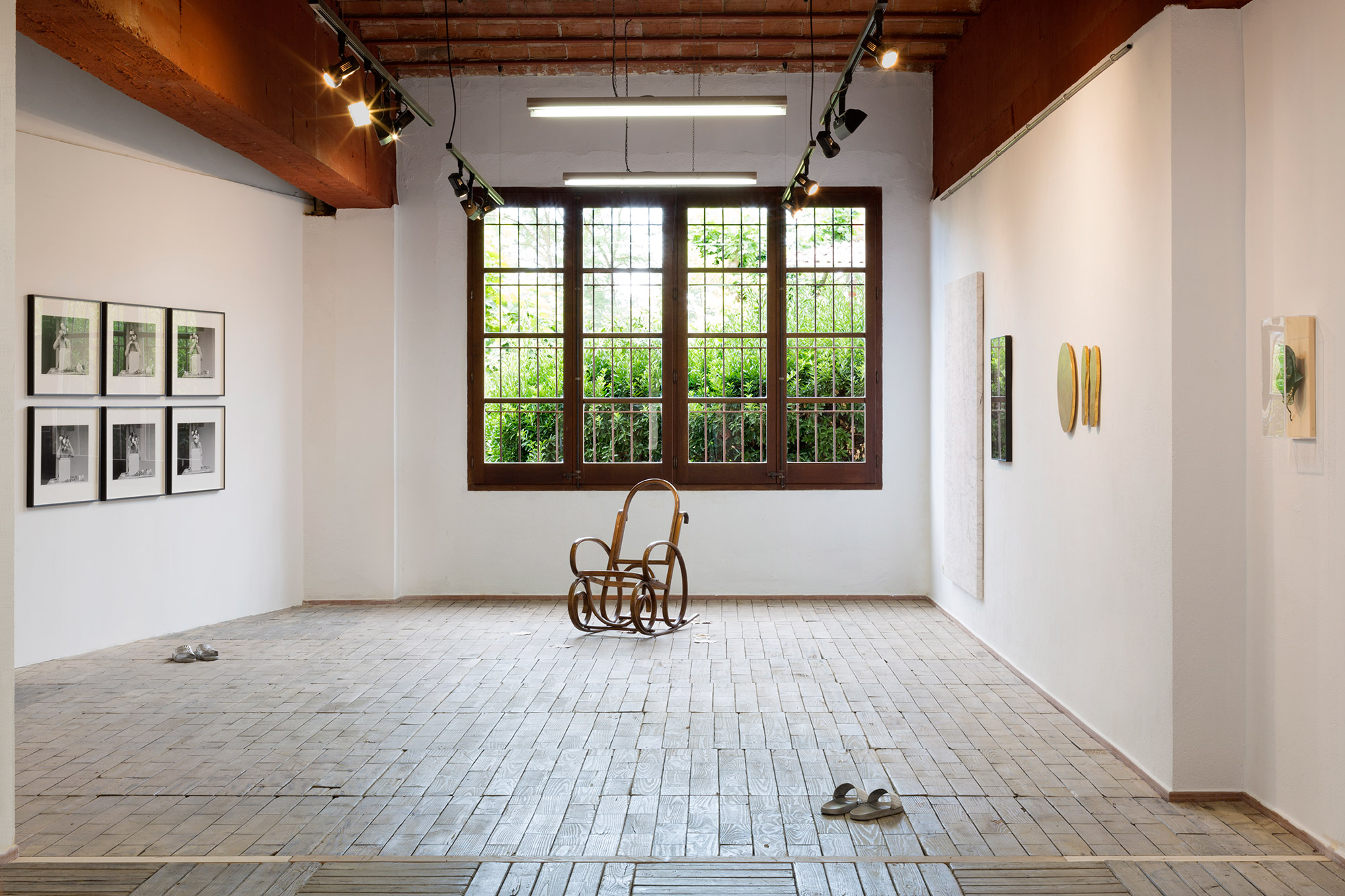
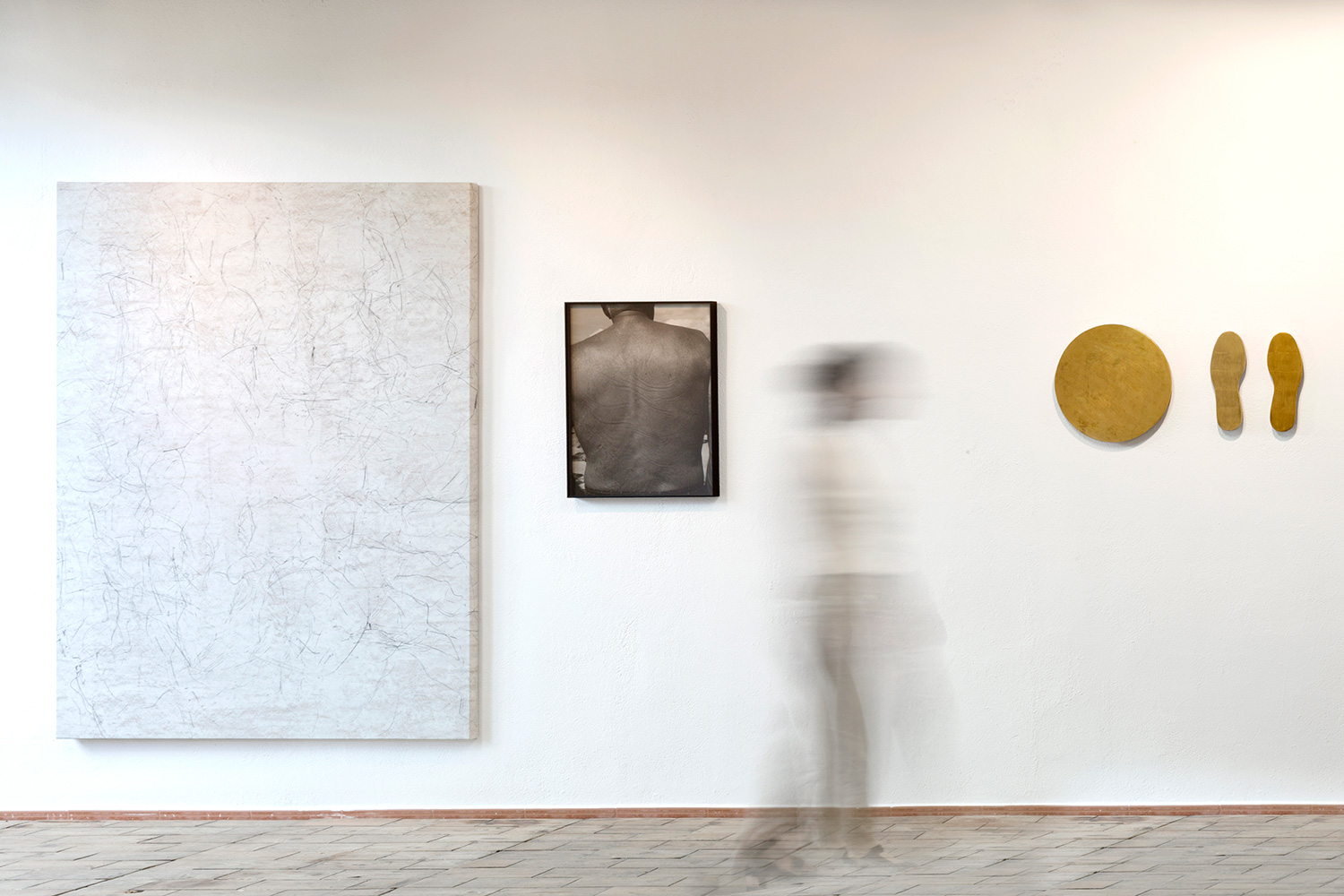



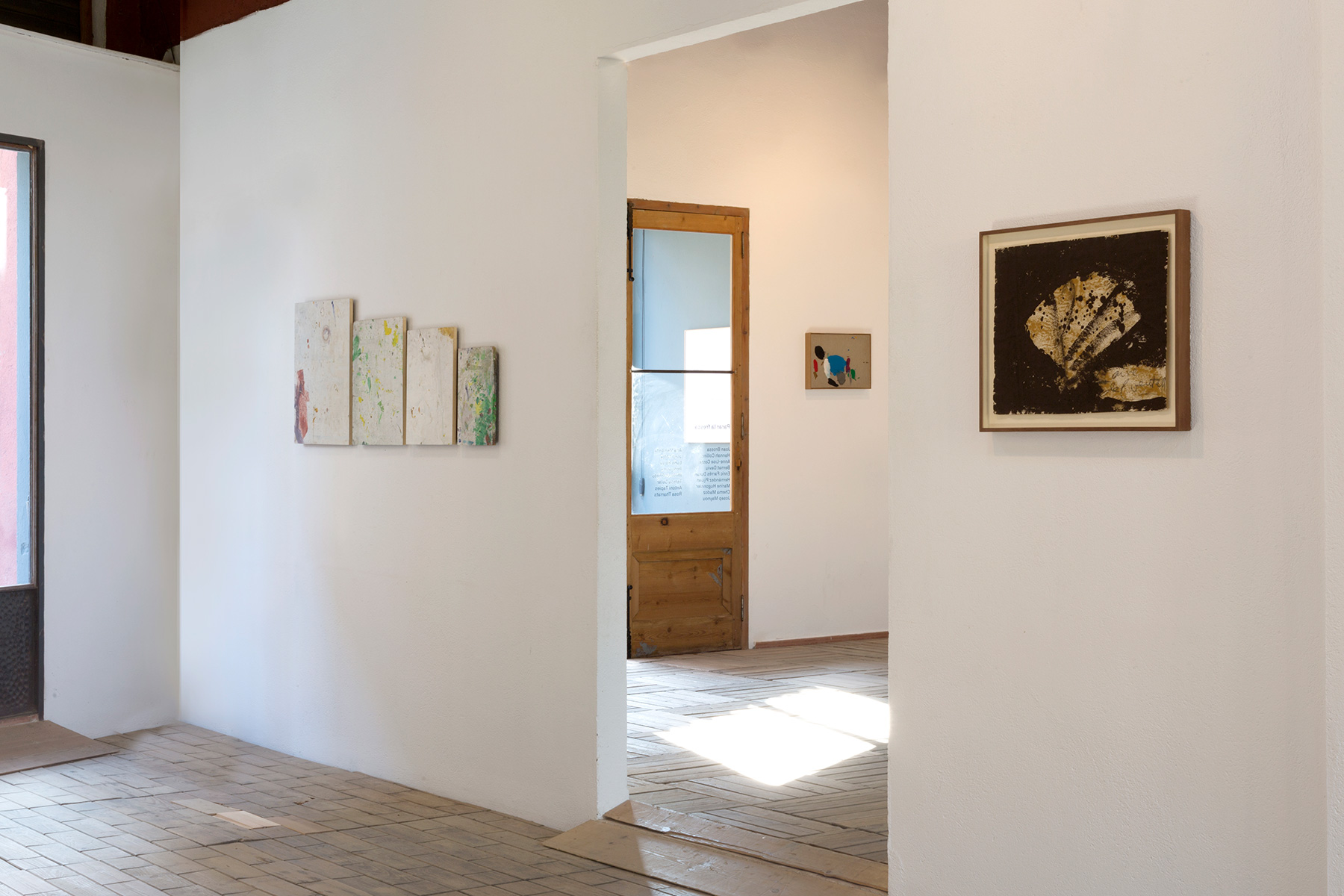
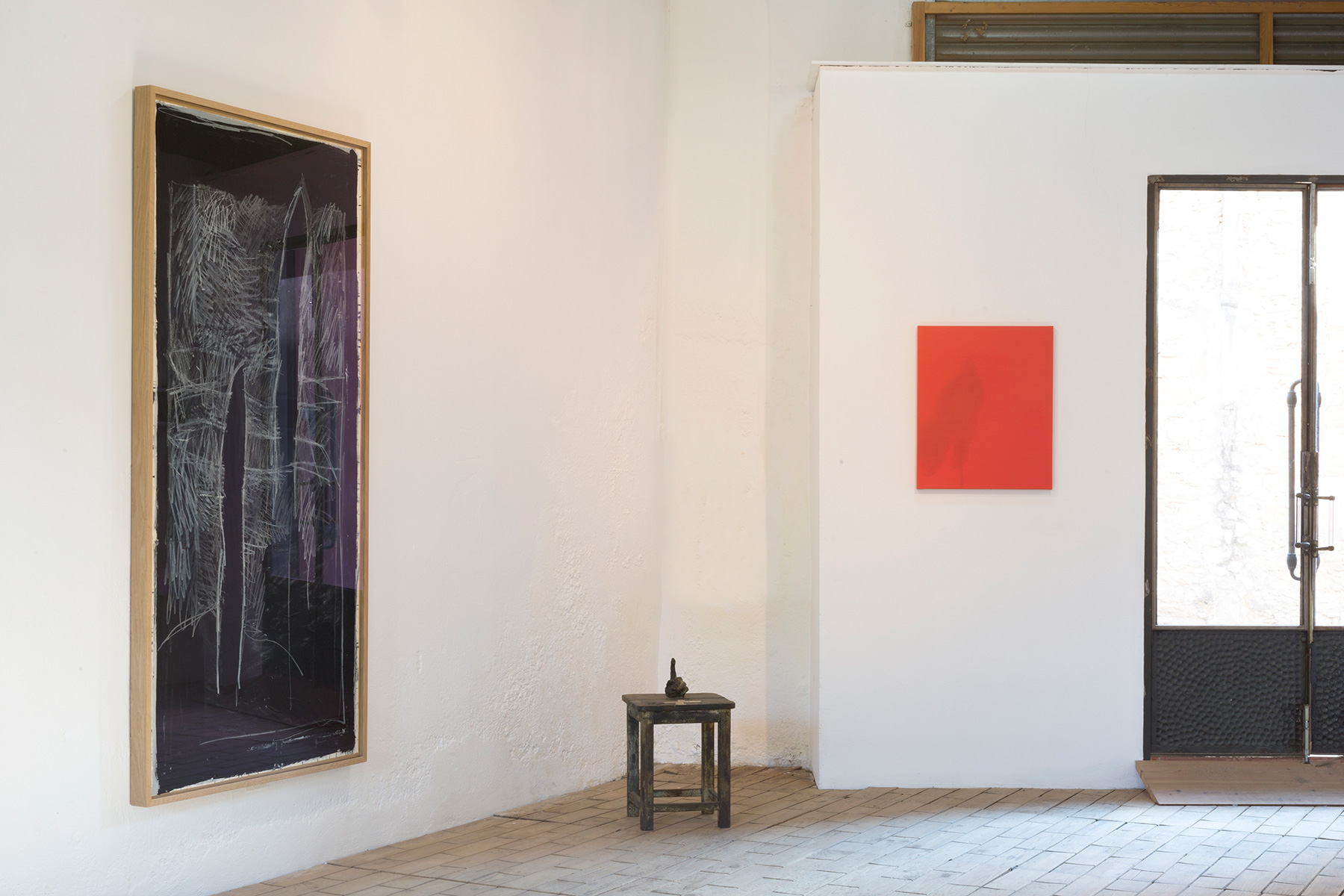
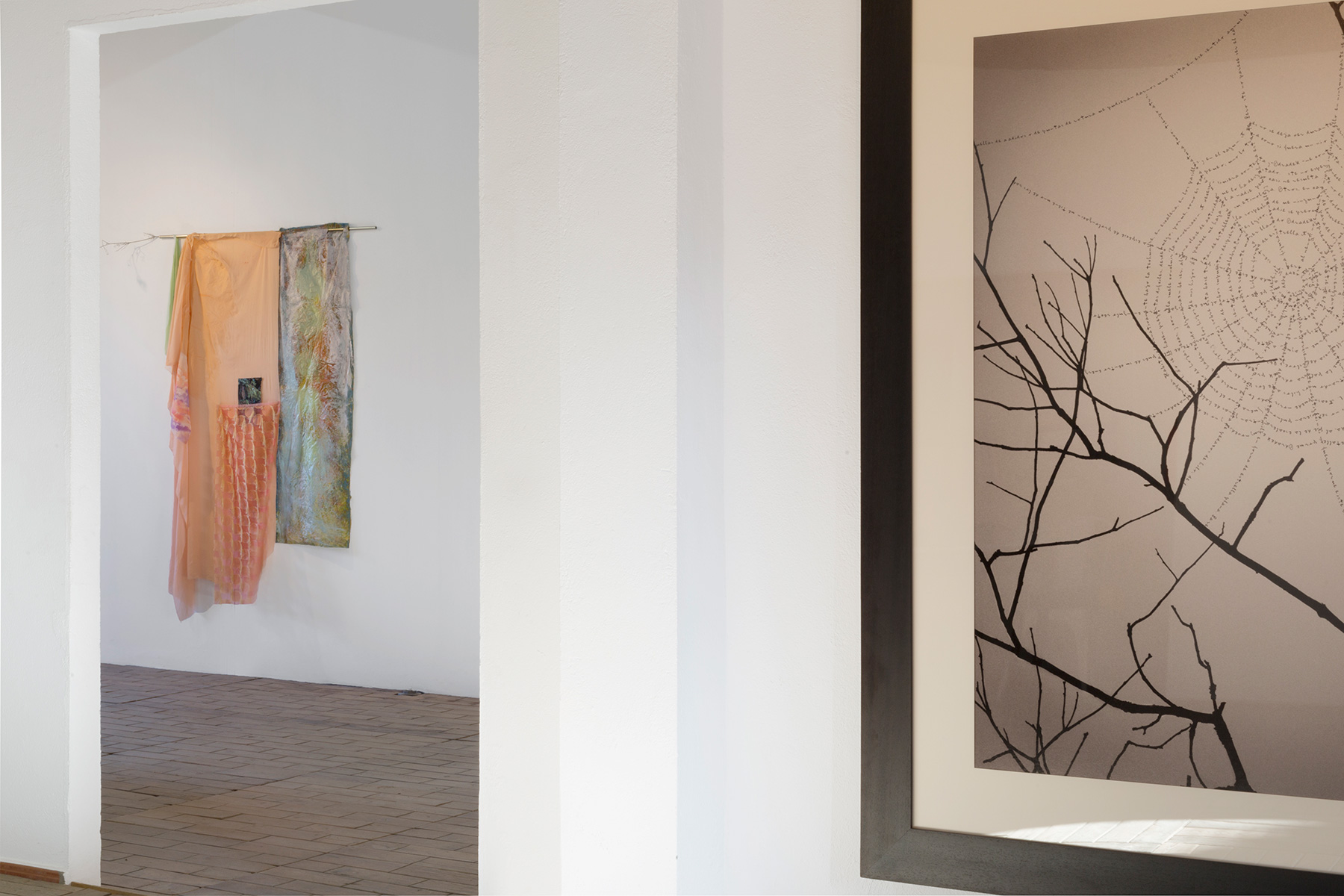

know more about
We’re delighted to present a joint project by Bombon, Galeria Joan Prats and NoguerasBlanchard in Fonteta, a small village in the Empordà region from June to September. The exhibition, conceived in two chapters (the first opening June 18th and the second August 7th) brings together artists from three different generations. The proposal begins with a concept from the Empordà Parar la fresca (to take in fresh air) described by Josep Pla in the book Las Horas (The Hours), 1953.
Distracted people of the world, unite!
Text by Gabriel Ventura
The artist is an animal who gets distracted.
– Aristoteles
‘Parar la fresca’*, sit on a chair – or on a rocking chair – and allow yourself to be entranced. All of a sudden, you can feel the song of the birds (silky, euphonic, oscillating), you see the slow and lazy bustle of the clouds, you pay attention to the streetlight on the corner, which until today had never been of interest. A new world of nuances opens up within the world of each day, faces and things are subverted; we may notice how espadrilles (or flip flops) gain weight as they carry us down our usual street, today different, but also identical, to itself. The weight of our legs, and of our spirit, forces us to observe our surroundings more carefully, to make our imaginations fly without lifting our feet off the ground. When we ‘Parar la fresca’, when we sit down and keep quiet – or become overly talkative – and we do nothing, magical things happen. Suddenly, everything becomes susceptible to being read as a work of art: the headlines in the newspaper, the landscape of a neighbour’s back, a cactus, or a fennel branch. The rocks levitate and the sea becomes a desert of blue sand. Thoughts, soft and malleable, start to infiltrate from all sides. They get muddled with the trees, with the facades and roofs of buildings, with the heat and the flies, they make fun of us and contradict us.
‘Badar’ in Catalan means exactly this: to open yourself up, to bud like a flower, to detach yourself from reality, and to become enchanted by watching the world. Perhaps in English the closest translation would be “to space out” (or to zone out, in America). Don’t badar! We are often told as children. The prohibitions imposed in childhood could well explain our cultural repressions. Badar leads us astray from what is really important: work.
When we are distracted we are not productive (or we are, but in a form that is erratic and out of control). Even the semantics of the word seem to agree. Take, for example, the word ‘badadura’, which means to slit, or to cut. ‘Badar’ is also a way of piercing conventional time, cracking it apart and opening it up to new possibilities. In fact, without branching out further, the verb ‘badar’ also has a third meaning: to split. To pierce reality, and to glimpse at the difference in the repetition.
To ‘badar’ and to ‘parar la fresca’ are two sibling operations that involve, at the same time, a concentration and a disconnection. This, I would say, is the most revolutionary facet of the term ‘badar’, it is the most Kafkaesque, and the most difficult to explain. When you engage in ‘badar’, and you space out, you are there and you are not there, you are observing one thing butthinking about another, you go so deep into matter that (to try to capture it in some way) matter disappears, it becomes abstract, a completely new entity.
The ‘badoc’ (the person in a state of ‘badar’) is at an intermediate point between physical and spiritual matter, between the earth and the cosmos, on the highest rung of metaphysics. This person has their vision of reality so flat and devoid of expectation that background and form merge to become the same thing. The ‘badoc’ places their heavenly staircase on the ground, and, at street level, without moving from their chair, they travel and allow themselves to be enraptured by the universe.
*Catalan expression which means ‘to take fresh air, and watch the world go by’.
Gabriel Ventura (1988) is a reversible writer who walks with the same naturalness through art, cinema and literature. In previous lives he was a neighbor of Serge Daney, assistant director of Maya Deren and heteronym of Fernando Pessoa. Poetry leads him to teach, to work with artists and filmmakers, with bookstores, galleries and museums, to research, translate and act.
Read More